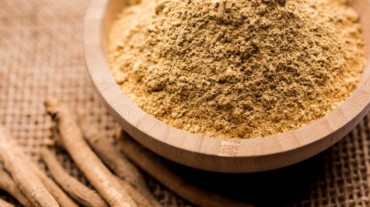
Grown in India, the Middle East and parts of Africa, ashwagandha (withania somnifera) is used extensively in Ayurveda. An excellent herb for boosting immunity, it has certain disadvantages too.
1. Sleep disorders: It possesses sleep-inducing properties; hence, people suffering from sleep disorders tend to sleep more and should avoid consuming ashwagandha. It is often included in natural sedatives. However, people who have insomnia should consume it to improve sleep quality.

2. Auto-immune disorders: Since ashwagandha is a great immunity booster, it can be problematic for people suffering from auto-immune disorders. Auto-immune disorders occur when the immune system starts attacking the body, instead of guarding it against germs, bacteria and viruses. The white blood cells start multiplying automatically, which leads to the formation of plaque psoriasis. Therefore, ashwagandha should be avoided.
3. Low blood sugar levels: Research has proved that ashwagandha reduces the blood sugar levels in the body as much as up to 15%. Hence, those suffering from low blood sugar levels should not consume it.
4. Hypotension: Ashwagandha is known to reduce high blood pressure; hence it should be avoided by patients suffering from hypotension, a medical condition of low blood pressure.
5. Thyroid: Patients suffering from hyperthyroidism or hypothyroidism should also avoid consuming ashwagandha, as it cannot balance the thyroid hormone but may further aggravate the problem.

Many growth boosters have ashwagandha as a major component to help the patients gain muscle and weight. Hence, people suffering from obesity should also avoid ashwagandha as it helps in gaining weight. Men having high levels of testosterone should also abstain from consuming ashwagandha, as it would further increase the level of the hormone and lead to dihydrotestosterone (DHT), which results in early balding.
Ashwagandha is easily available in the market in the form of capsules, tablets and powder. However, the best way to consume it is in the form of a 500 gm tablet with a glass of milk or room temperature water, as prescribed by the doctor. A 500 gm dose is sufficient for the body; that’s because it increases the pitt prakriti in the body, and is advised to be consumed in a limited quantity only.